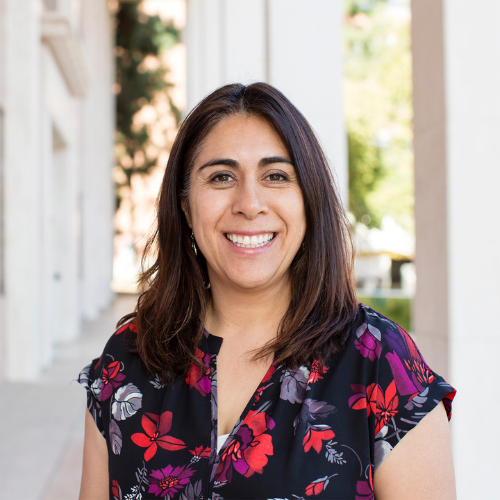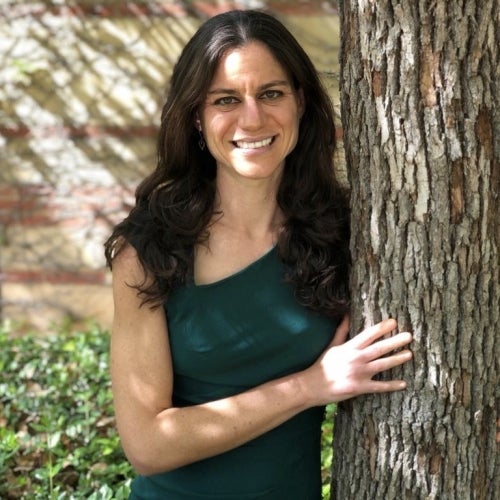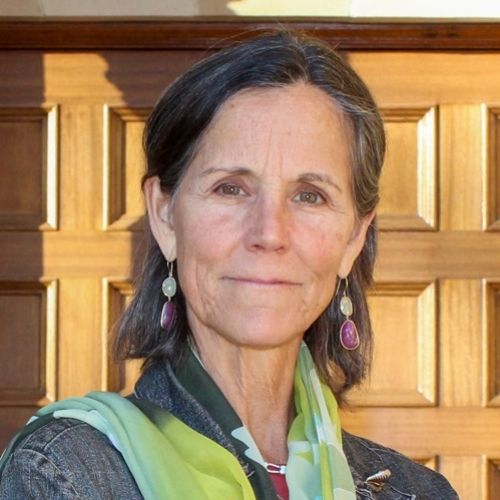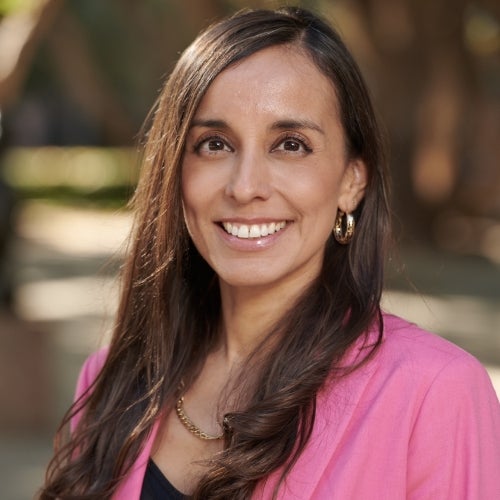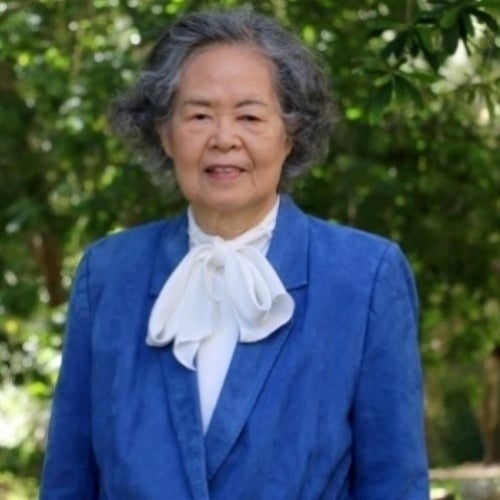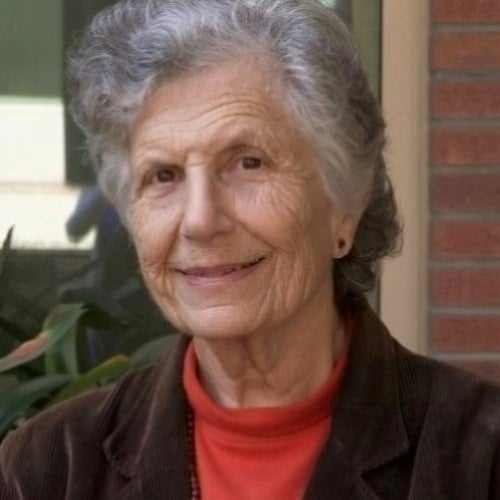When immigrant policies are decriminalized, babies are born healthier
UCLA FSPH led-research finds that criminalizing immigrant policies were associated with higher rates of preterm birth for Black women born outside U.S

A UCLA-led study has found the criminalization of immigration policies are associated with higher rates of preterm birth for Black women born outside the United States, while inclusive immigrant policies were associated with lower preterm birth for all women born outside the U.S., particularly white women.
Compared to infants born full-term (at 37 weeks), premature babies may be more at risk for chronic health issues. Some newborns may develop infections, asthma, and feeding problems, and are also an increased risk of sudden infant death syndrome (SIDS). Other children may suffer from long-term problems, including learning and developmental disabilities and problems with their lungs, brains, eyes, and other organs.
“High rates of preterm birth are a public health priority in the U.S., with rates for mothers born outside the U.S. increasing steadily since 2014, while decreasing among mothers born in the U.S.,” said Dr. May Sudhinaraset, associate professor of the UCLA Fielding School’s Department of Community Health Sciences. “It is important to move beyond documenting trends to examine the root causes of these inequities. One potential cause of increasing rates of preterm birth among foreign-born mothers may be the acute stress of anti-immigrant rhetoric and changes in federal immigration policies.”
The study, published in the April edition of the peer-reviewed JAMA Network Open, was conducted by a team of researchers from UCLA; the University of California, Merced; and Tulane University School of Public Health and Tropical Medicine in New Orleans.
The researchers analyzed some 3.5 million live births that occurred in 2018, from all 50 states and the District of Columbia, as well as state-level indicators of inclusive and criminalizing immigrant policies. White, Black, Asian, and Latina women who had singleton births were included in the study. Of the total, 10.0% were preterm, and 23.2% were to mothers born outside the U.S.
Policies barring individuals from certain social protections and rights based on citizenship and impose punitive controls on their presence in the country were categorized as “criminalizing;” those that expanded immigrant rights and protections, including access to children’s health insurance regardless of legal status, were categorized as “inclusive.”
“There is growing evidence demonstrating that criminalizing immigrant policies are associated with adverse birth outcomes,” said Dr. Maria-Elena Young, UC Merced assistant professor of public health and a researcher at the Fielding School’s UCLA Center for Health Policy Research. “It’s critical to understand how policies at the state and local levels are influencing well-being, as state and local governments have played a central role in the last 20 years in enacting the policies that can either criminalize immigrants or promote their integration into social and economic institutions.”
The analysis found that overall, for women born outside the U.S., each additional state-level inclusive policy was associated with a 2% decrease in preterm birth; there were no significant associations between inclusive policies and preterm birth among women born in the U.S.
In models examining the combined associations of criminalizing and inclusive immigrant policies with preterm birth, each additional criminalizing policy was associated with a 5% increase in preterm birth among Black women born outside the U.S. Each additional inclusive immigrant policy was associated with a lower likelihood of preterm birth for Asian women born in the U.S., and for white women born outside the U.S. Black women had the highest preterm birth rate at 15.1%, followed by 10.4% of Latina women, 8.5% of White women, and 8.4% of Asian women. Women born in the U.S. had higher levels of preterm birth than women born outside the US (10.1% vs 9.6%).
“Because individuals experience the impact of an array of policies, the overall policy climate may be a critical marker of health because it captures the dynamics of both exclusion and inclusion,” Sudhinaraset said. “This overall policy climate may be particularly critical for maternal and child health development, for which the cumulative impact of exposures exceeds the impact of a singular policy.”
Methods: The study includes births from all 50 states and the District of Columbia in 2018. Birth record data were obtained from the National Center for Health Statistics. These data are publicly available but do not individually identify the mothers. There were a total of 3,801,534 live births in the U.S. in 2018. The analysis excluded 346,020 women (non-singleton births, unknown race/ethnicity categories, or records with missing data, etc.), for a final analytic sample of 3,455,514 live births. Preterm birth is defined as birth before 37 completed weeks of gestation. Researchers conducted a policy scan of six criminalizing immigrant policies, across three sectors: work authorization, immigration enforcement and criminal justice, and identification and licensing. These were compared to 14 inclusive immigrant policies spanning four sectors: health benefits, education, labor/employment, and language.
Graphic Caption: Criminalizing and Inclusive Immigrant Policies by State
Credit: Sudhinaraset et al.
Funding: The work was supported in part by grant number SFPRF13-CM14 from the Society of Family Planning and grant number R01MD012292 from the National Institute on Minority Health and Health Disparities. The funding sources had no role in the design and conduct of the study.
Citation: Sudhinaraset, M., Woofter, R., De Trinidad Young, M-E., Landrian, A; Vilda, D., Wallace, S.; Analysis of State-Level Immigrant Policies and Preterm Births by Race/Ethnicity Among Women Born in the US and Women Born Outside the U.S.; JAMA Network Open, 2021; 4(4):e214482. doi:10.1001/jamanetworkopen.2021.4482
The UCLA Fielding School of Public Health, founded in 1961, is dedicated to enhancing the public's health by conducting innovative research, training future leaders and health professionals from diverse backgrounds, translating research into policy and practice, and serving our local communities and the communities of the nation and the world. The school has 631 students from 26 nations engaged in carrying out the vision of building healthy futures in greater Los Angeles, California, the nation and the world.
Faculty Referenced by this Article

Robert J. Kim-Farley, MD, MPH, is a Professor-in-Residence with joint appointments in the Departments of Epidemiology and Community Health Sciences

Assistant Dean for Research & Adjunct Associate Professor of Community Health Sciences

Director of Field Studies and Applied Professional Training

Professor of Community Health Sciences & Health Policy and Management, and Associate Dean for Research




